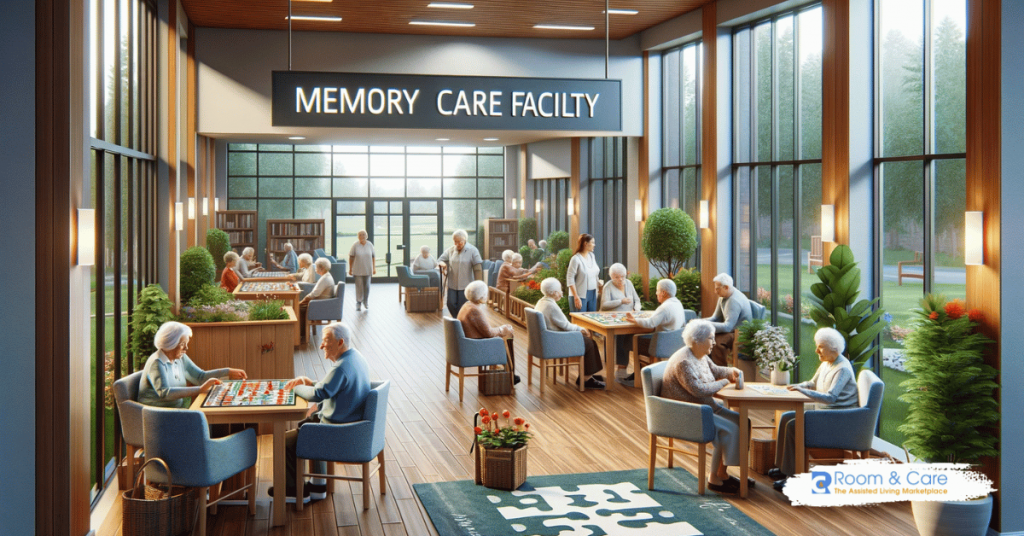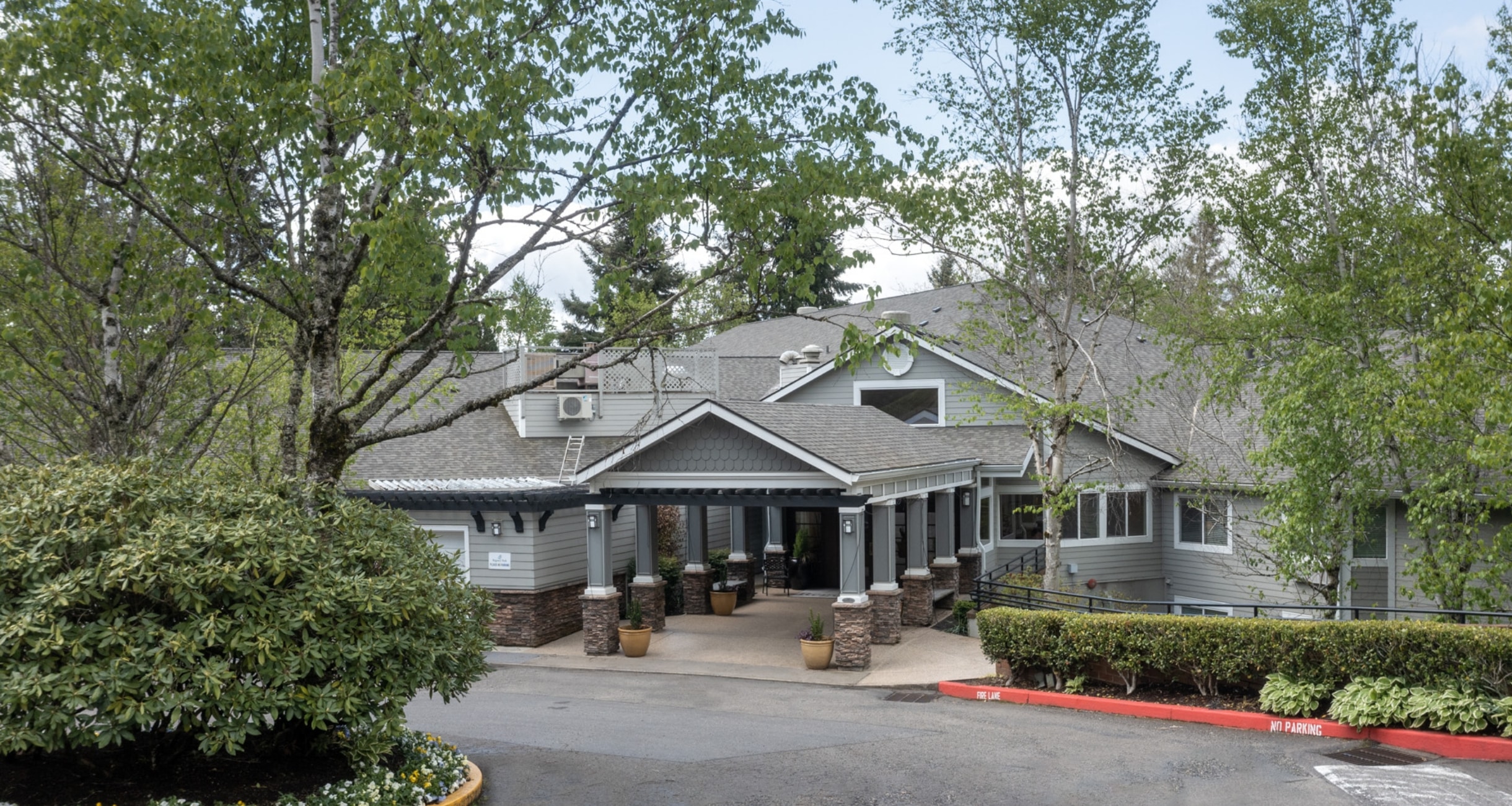Charlotte Memory Care: Top Quality Senior Coping With Memory Care Experience
Charlotte Memory Care: Top Quality Senior Coping With Memory Care Experience
Blog Article
What to Anticipate in Memory Care: A Detailed Guide to In-Home Solutions
Navigating the landscape of memory care for a loved one can be a complex and psychologically billed experience. As family members come to terms with the difficulties of looking after somebody with memory loss, the realm of in-home solutions provides a lifeline of support and specialized care. Recognizing what to expect in memory care is essential for making certain the wellness of both the individual with memory problems and their caretakers. From tailored daily activities to safety and security methods and caretaker resources, this guide intends to shed light on the comprehensive spectrum of solutions offered to those beginning on the journey of at home memory treatment.
Daily Tasks and Regimens
Taking part in structured day-to-day activities and routines is a basic part of offering quality look after people in memory treatment facilities. These tasks are meticulously designed to accommodate the specific requirements of homeowners with cognitive problems, such as Alzheimer's illness or mental deterioration. Daily routines play an essential duty in keeping a sense of experience, safety, and objective for individuals in memory care.

Additionally, everyday regimens help individuals in memory treatment facilities to really feel more focused and less distressed. Consistency in timetables and tasks can lower confusion and agitation, offering a feeling of stability and convenience. Caretakers and team members play an important function in helping with these tasks, making sure that each resident obtains personalized and compassionate treatment tailored to their distinct preferences and capabilities.
Specialized Treatment Services
Within memory care centers, specialized care services are necessary to address the unique requirements and challenges encountered by individuals with cognitive impairments such as Alzheimer's illness or dementia. These solutions are made to supply tailored support that caters to the specific demands of citizens handling memory loss. Specialized treatment solutions in memory treatment facilities frequently include individualized care strategies, aid with activities of day-to-day living, drug management, and behavioral treatments targeted at boosting top quality of life and reducing distress.
Moreover, memory treatment centers usually offer organized programs and activities specifically developed to stimulate cognitive function and advertise social interaction among citizens. These tasks may include memory-enhancing exercises, sensory stimulation therapies, and reminiscence treatment sessions. Additionally, specialized treatment solutions typically involve routine monitoring of homeowners' wellness and health by trained team member who are geared up to manage the distinct challenges connected with cognitive decline.
Security Actions and Environment
Executing stringent safety and security actions and producing a safe and secure atmosphere are extremely important top priorities in memory care facilities to make certain the well-being and security of residents with cognitive problems. Safety and security in memory care starts with safe structure layout, including locked doors and kept an eye on entries to prevent residents from roaming this link outside without supervision. Furthermore, facilities often have alarm systems and security electronic cameras to check citizens and react swiftly to any kind of emergencies. Inside, the environment is carefully prepared to lessen dangers, with hand rails, order bars, and non-slip floor covering to avoid drops. Furniture is organized to facilitate easy navigation, and potentially unsafe products are locked away or gotten rid of. Personnel members obtain specialized training in dealing with emergency situations, de-escalating challenging habits, and making sure the safety and security of homeowners whatsoever times. Normal safety assessments are conducted to determine and resolve any potential hazards immediately. By prioritizing precaution and maintaining a safe atmosphere, memory treatment centers goal to provide a safety and comforting setting for people with cognitive disabilities.
Communication and Engagement Techniques
With a focus on fostering purposeful communications and enhancing lifestyle, reliable interaction techniques play an important role in supporting individuals in memory care centers. Communication in memory treatment includes understanding the special requirements of homeowners who may have cognitive impairments like mental deterioration. Easy language, clear directions, and non-verbal hints such as gestures and facial expressions are essential tools for reliable communication. Caregivers must approach homeowners with compassion, perseverance, and respect, producing a supportive atmosphere where individuals really feel understood and valued.
Interaction methods are additionally crucial in memory care, helping homeowners remain active, promoted, and linked to their surroundings. Tasks like songs treatment, art classes, reminiscence sessions, and sensory excitement can stimulate memories, boost mood, and promote socializing. Customizing activities per individual's capabilities and interests is key to promoting interaction and a feeling of success. Furthermore, integrating familiar things, pictures, and music from the person's past can provide convenience and boost positive memories. By prioritizing tailored interaction and involvement methods, memory treatment facilities can improve the overall wellness and lifestyle for their residents.
Caregiver Assistance and Resources
Provided the important duty caregivers play in implementing effective communication and engagement techniques for residents in memory care facilities, offering ample support and resources is vital to make sure the wellness of both the caregivers and the individuals under their treatment. Caretakers in memory care settings commonly encounter special obstacles that can affect their psychological and physical wellness. To address these obstacles, numerous assistance systems and resources are offered to aid caregivers in supplying the ideal possible treatment.
One crucial kind of support is caretaker education and training programs. These programs equip caregivers with the essential abilities and understanding to efficiently take care of the signs and actions connected with amnesia. Furthermore, support groups use caregivers the possibility to get in touch with others that are experiencing comparable challenges, giving a sense of neighborhood and understanding.

Verdict

Engaging in organized everyday tasks and routines is an essential element of providing quality care for individuals in memory care facilities.Within memory treatment centers, specialized treatment services are important to resolve the distinct needs and obstacles encountered by people with cognitive impairments such as Alzheimer's illness or dementia. Specialized care services in memory treatment facilities typically consist of individualized treatment plans, aid with tasks of daily living, medication administration, and behavior treatments intended at enhancing quality of life and lessening distress.
Given the crucial function caretakers play in carrying out reliable communication and involvement techniques for residents in memory care centers, providing ample support and resources is crucial to guarantee the well-being of both the caretakers and the individuals under their treatment. Daily tasks, specialized treatment services, safety and security actions, interaction strategies, and caregiver assistance are crucial parts of in-home memory care.
Report this page